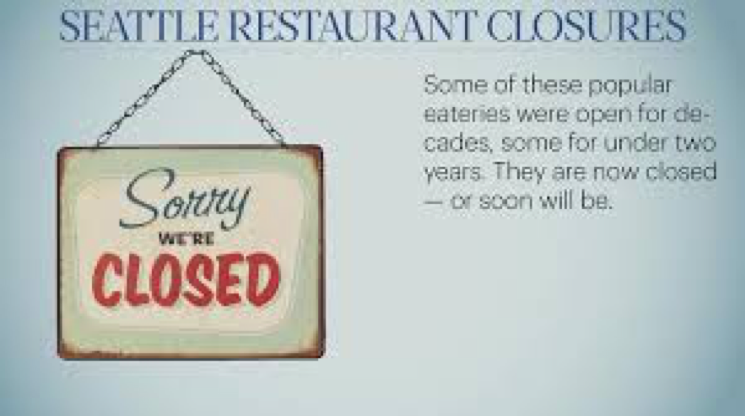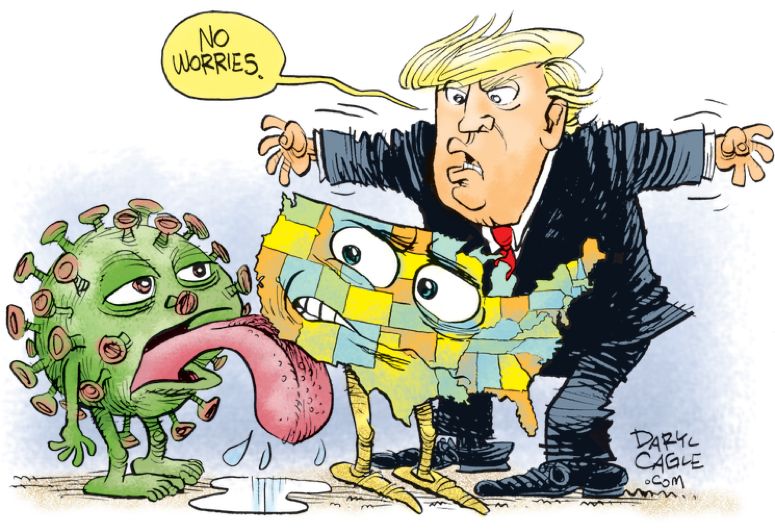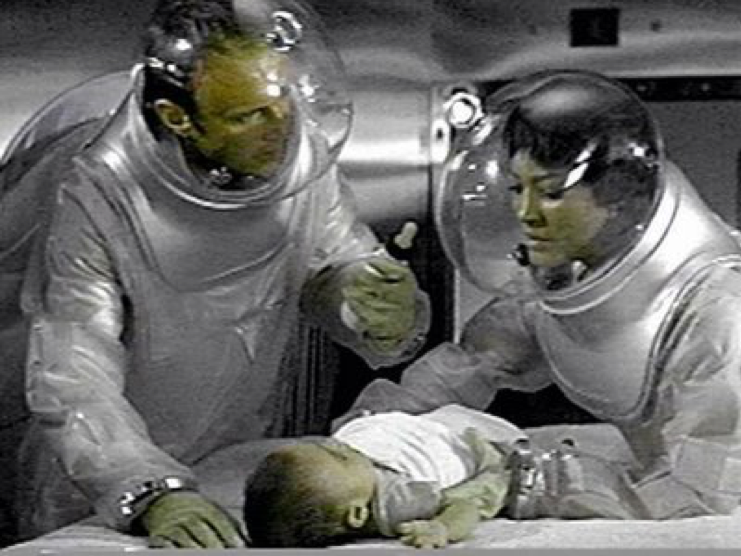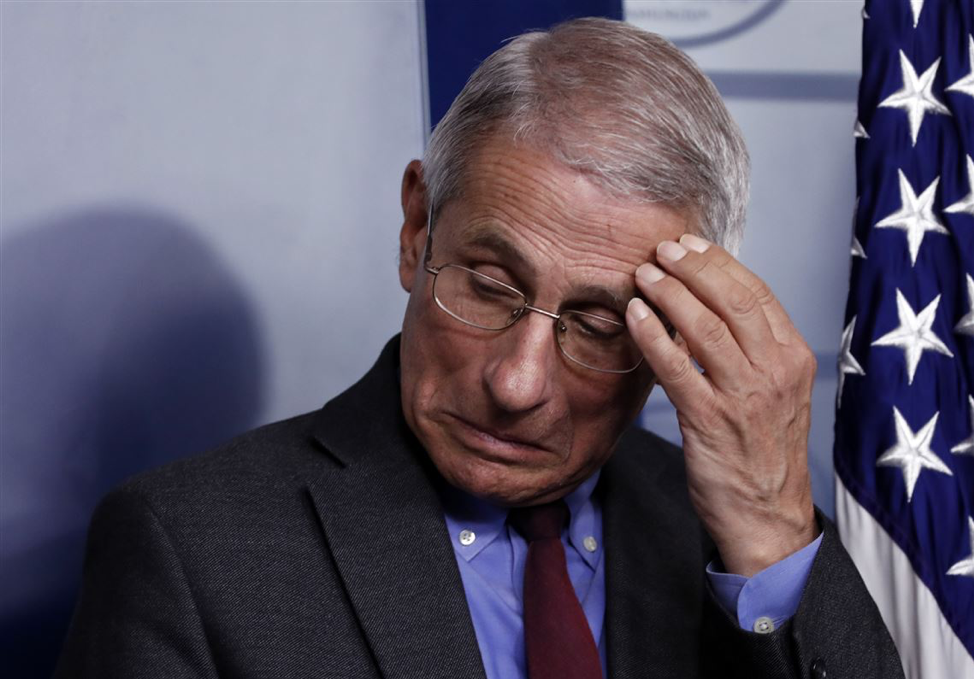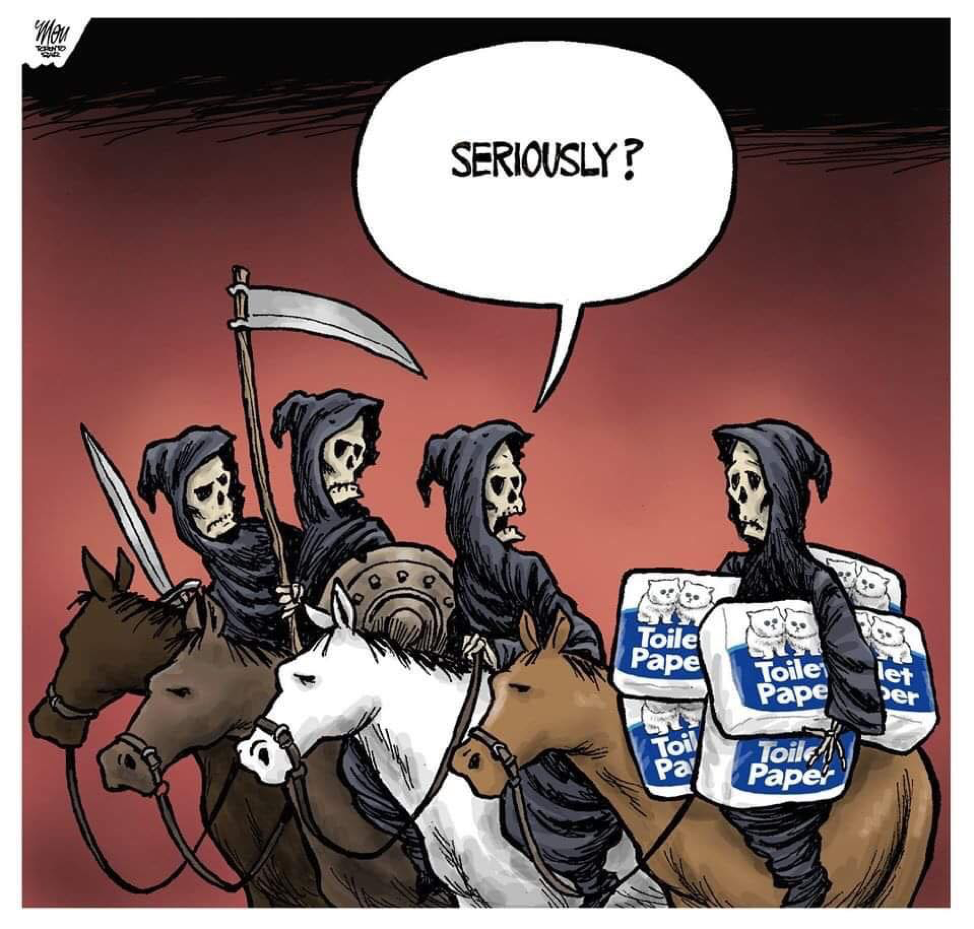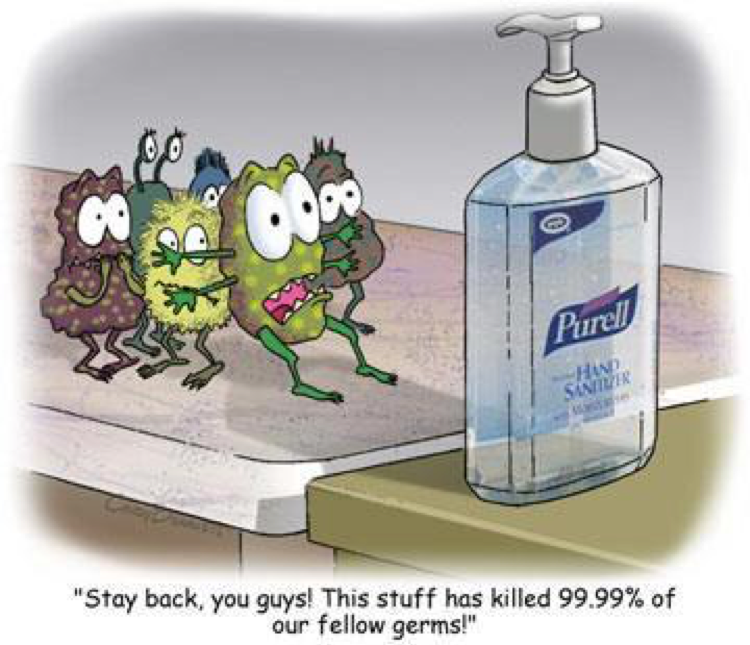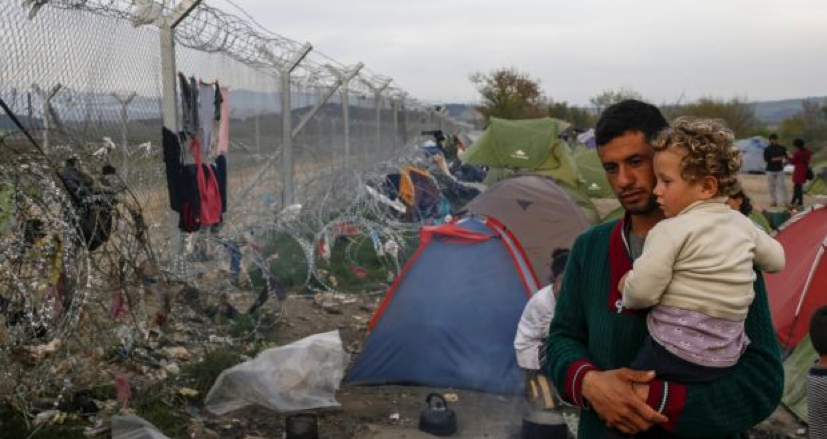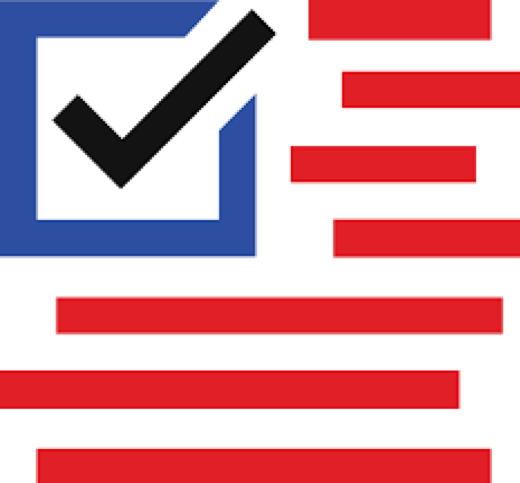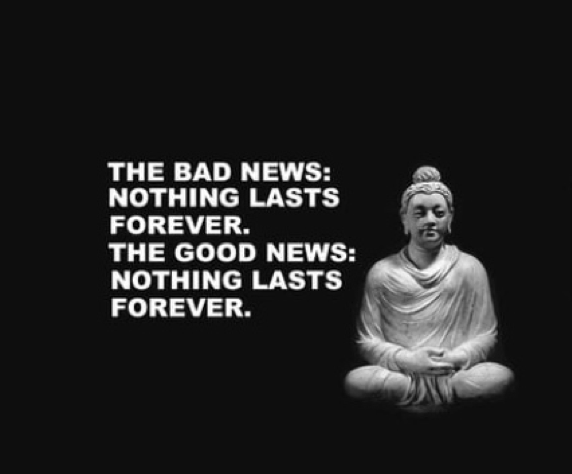
For 40 years America has had a health care problem. We spend more per capita than any other country with substantially poorer patient outcomes. The majority of Americans agree that the system is unfair, too expensive, fails to cover the neediest, and rewards insurance and pharmaceutical companies while limiting patient care.
Until a month ago, Democratic presidential aspirants were arguing about how to pay for better coverage – Medicare for All, single payer, or an expanded Affordable Care Act. All would cost more than the current system. Republicans scoffed and called their proposals socialism.
Today, the Democratic primary is old news as Congress and the president try to wrangle a $1 trillion plan to save American capitalism – airlines, cruise ship companies, and hotel chains – all of them with impressive balance sheets until the coronavirus invaded our space on January 19, 2020 in Everett, Washington.
When Obama and the Democrats saved the automobile industry in 2008, many of today’s big spenders were frugal Republicans who took issue with the investment although they had bailed out the banks, insurance companies, and other bad actors whose reckless trading caused the Great Recession.
For the record, the automobile industry repaid the government loans while none of the financial sector executives who caused the banking crisis were prosecuted. The banks and insurance companies who drove the economy into the ditch then recovered their losses by foreclosing on customers and taking advantage of government insurance guarantees.
I guess it isn’t socialism if the beneficiaries of a $50 billion airline bailout are private companies – even if unprecedented company profits have come their way as the result of shrinking seat sizes, reducing legroom, withdrawing meal service, charging for baggage and other customer inconveniences.
We don’t need to bailout the airline, cruise ship, and hotel industries when we’re in the midst of a virus pandemic. The people’s health should be the nation’s priority. Support and enable the medical professionals with protective gear, expanded tests and intensive care facilities, then focus on financial relief for those impacted by the crisis. Mortgage payments, food, drugs, and health care expenses are the concern of people who’ve lost their jobs. Airlines, cruise ships, and hotels are not going to kill Americans but the virus might. Businesses can afford to wait their turn at the trough.
All during the primary campaign, Republicans were fear mongering about socialism, so why now is their hair on fire to bail out private for-profit businesses? If they’re really in distress why not offer them low interest loans and let them manage the short term crises with a reasonable repayment timeline, as with any loan?
If we’re really all in this together and the national emergency requires a costly rescue package ($1 trillion is on the table), why not claw back the windfall amounts given to America’s wealthiest corporations and individuals through the tax cut bill enacted in 2017? According to Bloomberg Industries the price tag for those cuts was “as much as $1.9 trillion. “Live by the sword, die by the sword.” (Matthew 26:52)
Granted, the economy is in freefall but why is the administration’s first instinct to protect business interests rather than its citizens? It may seem inappropriate to criticize the government at a time like this, but it’s not inappropriate to point out the government bias in favor of the wealthy when millions of ordinary citizens are losing their jobs, their health is endangered, and insurance coverage questionable.
Eight years ago, President Obama and a Democratic Congress enacted an imperfect national health care plan that has been under attack and undermined by Republicans since its enactment. They tried to repeal it. They sued to have it declared unconstitutional, and they have stripped several important elements of their effectiveness. Americans generally regard health care as the most important policy issue in the upcoming election, but the Republican Senate has blocked any and all House amendments intended to improve it. Republicans continue to argue that there is not enough money to provide universal coverage for all Americans, but tomorrow their plan is to fast track legislation designed to protect big business.
Epilogue
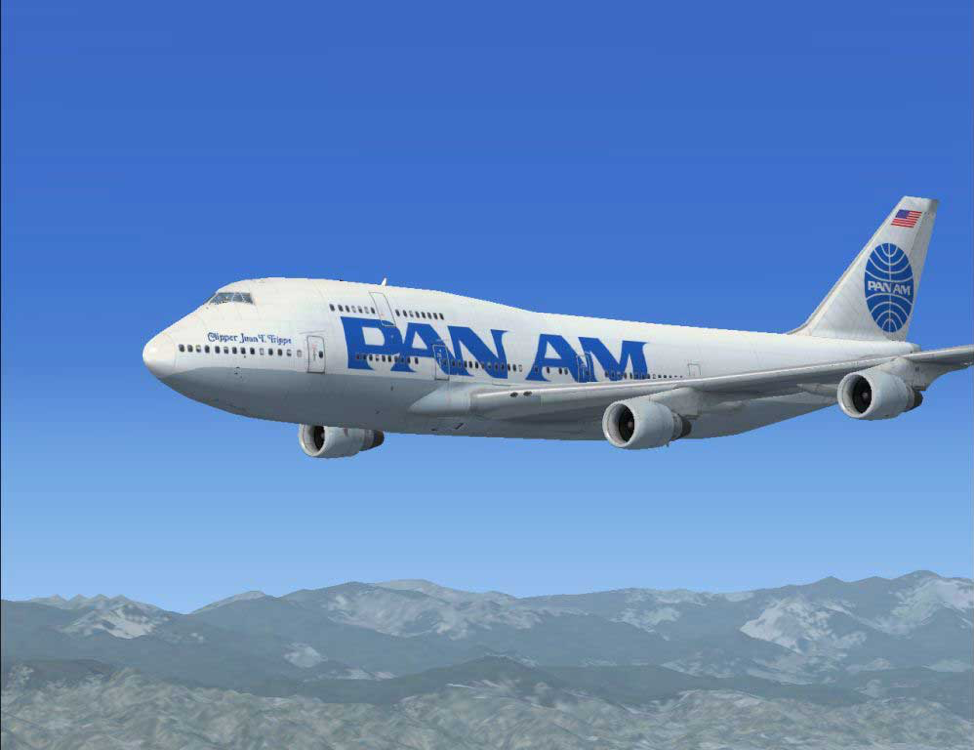
My former employer Pan Am was denied federal aid when it was in financial trouble, though that trouble was the result of government action restricting its access to a domestic route structure. When the industry was deregulated, Pan Am, Eastern, Braniff, Air Florida and People Express declared bankruptcy and went out of business while Continental, United, Delta, and American representatives of a particularly rapacious form of capitalism used the bankruptcy laws to cancel labor contracts, reduce pay and worker protections. Today’s bailout looks like another version of the double standard where the government is picking winners and losers. The American public will almost certainly be the loser but the current health crisis should remain our priority for now.
